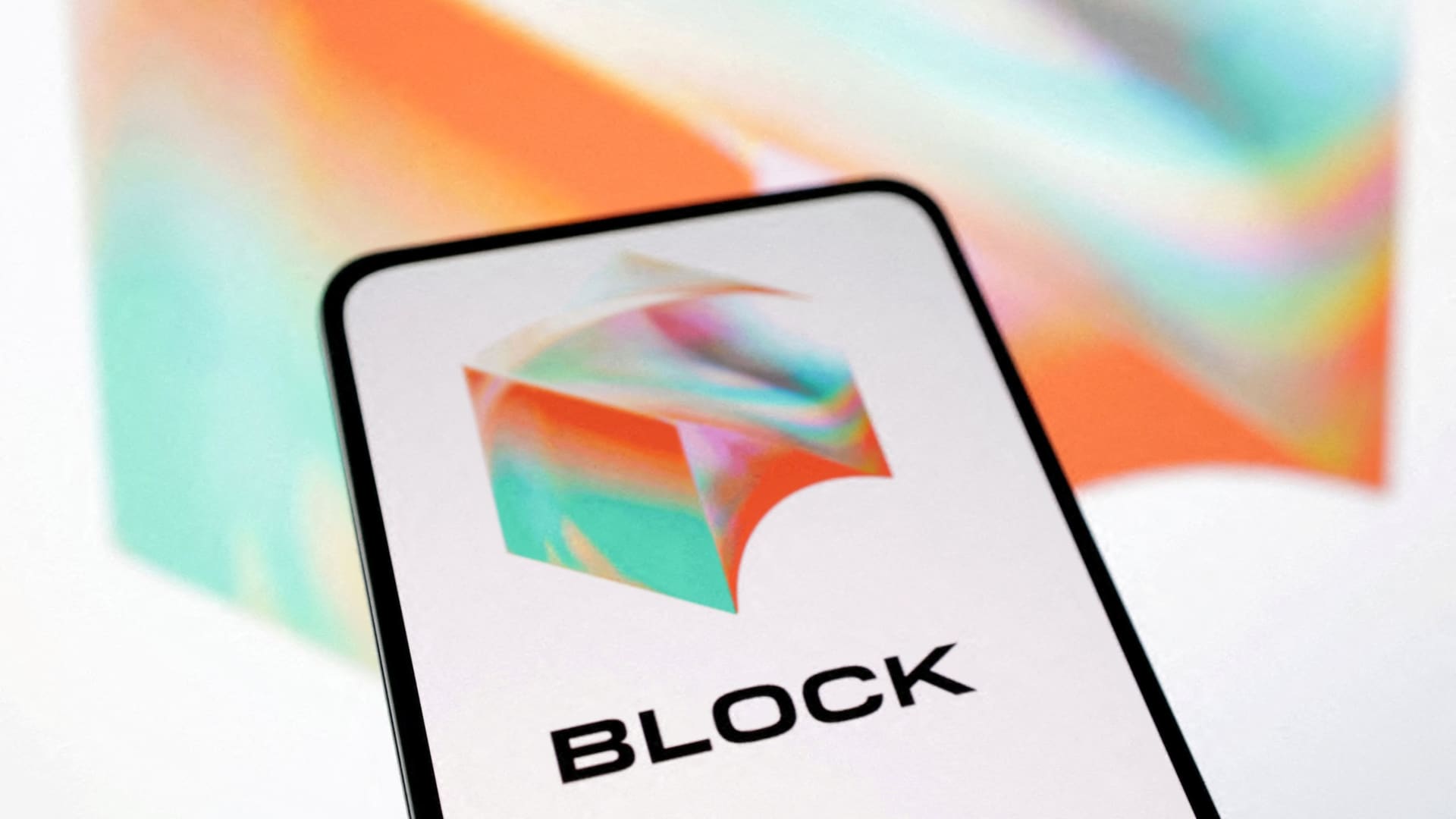Block beat on profit in its second-quarter earnings report on Thursday. The stock rose in extended trading.
Here is how the company did, compared to analysts’ consensus estimates from LSEG.
- Earnings per share: 93 cents adjusted vs. 84 cents expected
- Revenue: $6.16 billion vs. $6.28 billion expected
Block, formerly known as Square, posted $2.23 billion in gross profit, up 20% from a year ago. Analysts tend to focus on gross profit as a more accurate measurement of the company’s core transactional businesses.
The company reported net income of $195.3 million, or 31 cents per share, up 91% from $102 million, or 17 cents per share, a year earlier.
The Cash App business, the company’s popular mobile payment platform and a significant contributor to overall profitability, reported $1.3 billion in gross profit, a 23% year-over-year jump. Block, run by Twitter co-founder Jack Dorsey, said its Cash App Card monthly active users increased 13% year over year to more than 24 million in June.
Block has slimmed down operations over the past year. In January, Dorsey reportedly said in a note to staffers that the company had laid off a “large number” of workers. This followed a round of layoffs in December.
The company raised its full-year guidance for gross profit, adjusted earnings and adjusted operating income.
Dorsey also announced that Afterpay CEO and co-founder Nick Molnar would be expanding his role at Block and will lead a “centralized sales function across Block, inclusive of Square.” The position will report directly into the Block CEO.
— CNBC’s Stephen Desaulniers contributed to this report.
